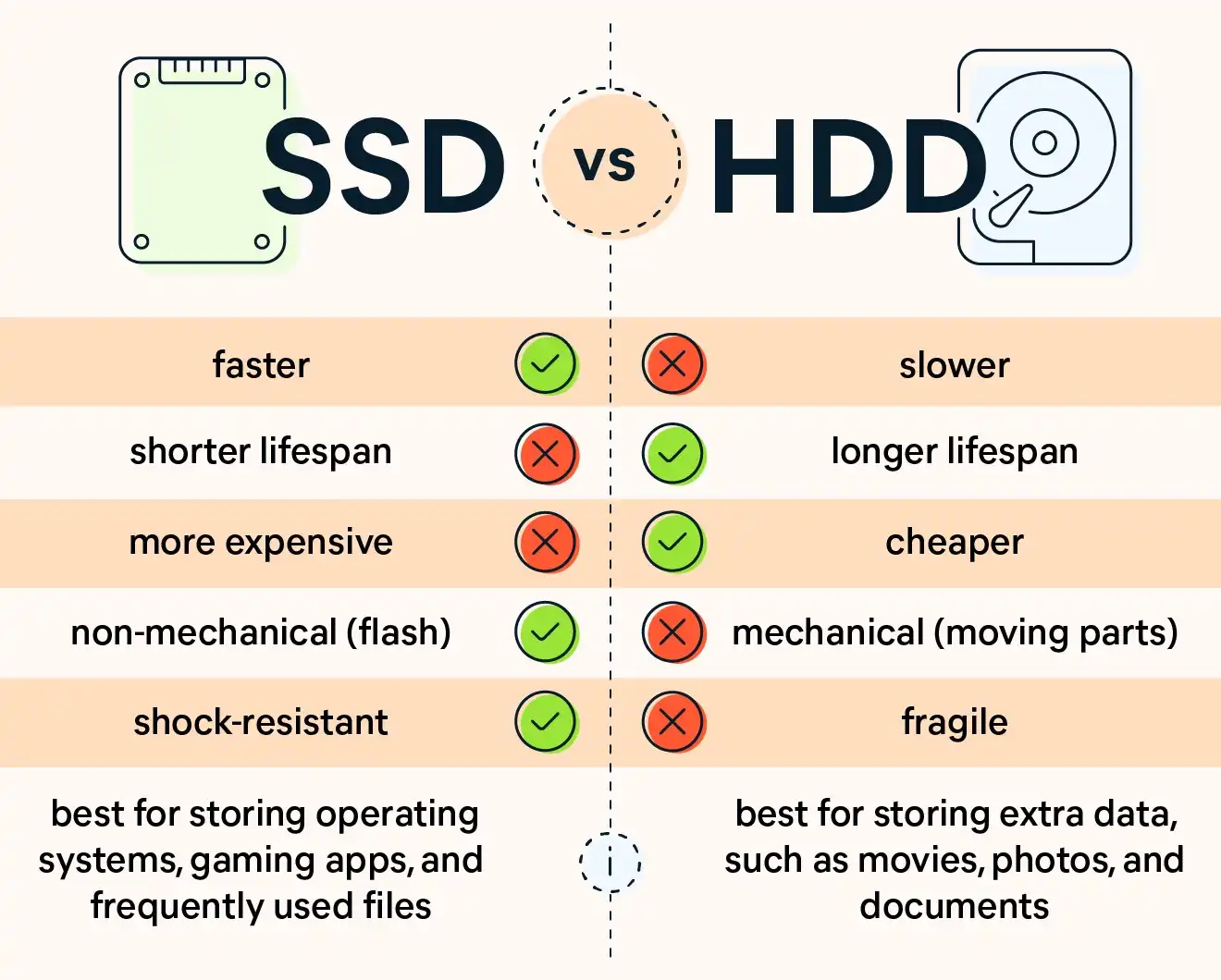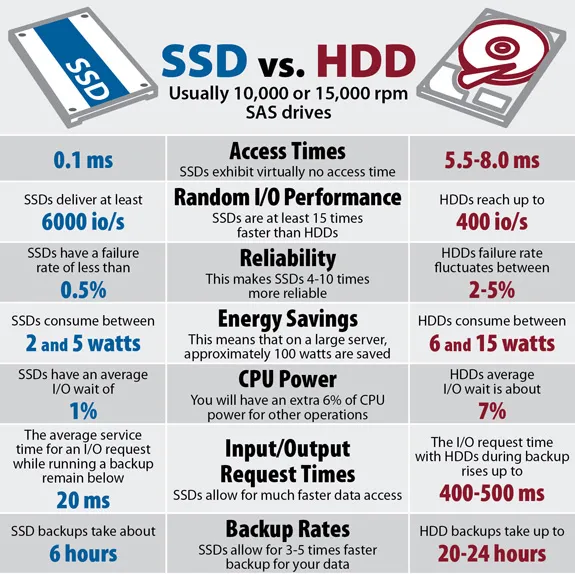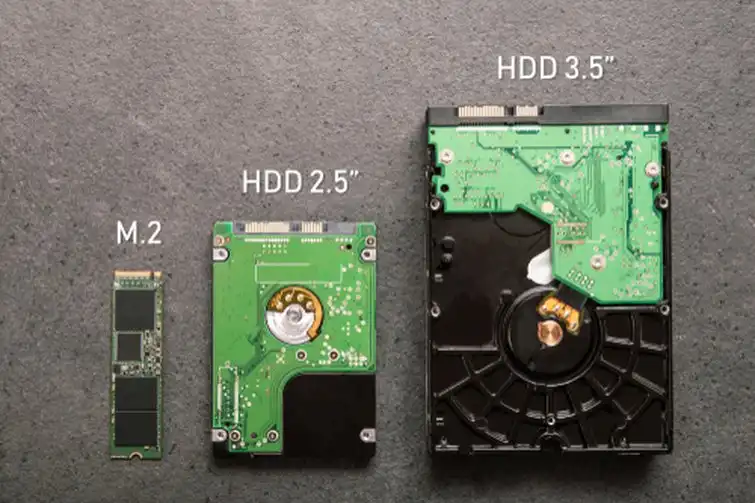TECHNOGEEK SSD Replacement and Upgrade Services

"Experience the Next Level: Say Goodbye to Slow Hard Drives!"
Hey there! Let's chat about SSDs – those cool storage thingamajigs that are changing the way we store stuff on our computers.
Okay, so you know how your computer has this thing called a hard drive? It's like the brain of your computer where all your files, photos, and videos live. Well, traditional hard drives have these little moving parts inside that can get worn out over time and make your computer feel sluggish.
But SSDs are different. They don't have those moving parts, so they're more reliable and can keep your stuff safe without getting all tired out.
Now, let's talk about speed. SSDs are like speed demons compared to regular hard drives. They make your computer start up faster, open files quicker, and just make everything feel smoother and snappier. It's like upgrading from a bicycle to a sports car – everything happens in a flash!
"Unlock Blazing Fast Performance: Embrace the Power of SSDs"
Techy stuff alert: SSDs come in different flavors. Some are called SATA SSDs, and they're like the sports cars of storage – super fast and reliable. Then there are these things called NVMe SSDs, which are like rocket ships.
They're even faster and can handle massive amounts of data without breaking a sweat. Pretty cool, huh?
Here's another perk: SSDs are kinder to your computer's battery. They use less power than regular hard drives, so your laptop can last longer between charges. No more scrambling for a charger in the middle of an important project!
And get this – SSDs are lighter and quieter than regular hard drives. So if you're tired of your laptop feeling like a brick and making weird noises, SSDs are here to save the day. They're like the stealthy ninjas of the computer world – silent and sleek.
"Experience Instant Gratification: Transform Your Computer with SSDs"
Last but not least, SSDs come in all shapes and sizes. From teeny-tiny ones that are the size of a stick of gum to bigger ones that fit inside your laptop, there's an SSD for every computer and every need.
Say goodbye to bulky hard drives and hello to sleek, space-saving storage!
So there you have it – SSDs are like the superheroes of storage. They're fast, reliable, and they'll make your computer feel brand new. Upgrade to an SSD today and feel the difference for yourself!
"From Turtle to Cheetah: Boost Your Computer's Speed with SSDs"



NORTH LAKES & KALLANGUR COMPUTER & LAPTOP SERVICES
Email Us
Slightly delay may occur due to A.I. Spam Combat

FIXED FEE WORKSHOP & REMOTE SERVICES
Office Address
13 Stokes Street North Lakes
Office Hours
WEEKDAYS: 8am to 6:30pm
SAT: 9am to 12pm
CLOSED SUNDAYS & PUBLIC HOLIDAYS
